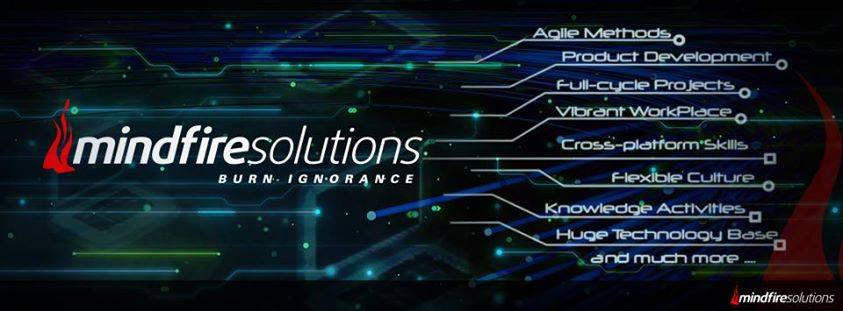Since my first job a couple decades ago, I have always been intrigued by a tradition in the world of work. It is so embedded in our minds and expectations that we don’t question it.
Salary for a month is always paid at end of that month. Sounds simple, right? But my question is: why?!? Why is salary paid after work is done? Let us look at this from various points of view.
Unknown Amount
In case of electricity, water, phones – you have to pay based on consumption. These have to be paid after the month, because it is not known how much you will consume during the month. Makes absolute sense. But salary for the most part is known and predictable – correct?
Trust
In real estate, you pay rent before a month begins. It may seem like the owner is trusting you with his house, so they expect pre-paid rent in exchange of that trust. In reality, it may just mean that the owner doesn’t trust you. In case of organizations and people working in those organizations, sure the organization is trusting you with its work. But aren’t people trusting the organization with their skills/energy/time? What if the organization shuts down, or willfully defaults on paying salary of people? Did that one month of work go waste? Should the organization have a larger heart in trusting people, or should people be required to trust the organization?
Risk
Sometimes, organizations delay or do not pay salary stating that customers have not paid yet. True, possible, and sad. But should business risk be transferred on to people working with the organization? Unless I am an owner, why should customer and business risk be forcibly transferred on to me? How does it matter to my effort-salary expectation, if customers have not paid?
Economics
A month’s fixed-deposit gets you about 6% annual interest, or 0.5% monthly. By paying salary at end of month, an organization gains 0.5% of the month’s salary. On a salary of Rs 40,000 a month, we are talking about Rs 200, which doesn’t sound big. But look at it two other ways. One, take 500 people, and we are looking at Rs 100,000 as the financial benefit, which doesn’t sound low any more. Second, from a person’s individual perspective, Rs 200 has tangible value. So the question is: should the organization be enjoying this economic benefit, known as the “time value of money”? Or should people be enjoying it?
Power
In business, power play dictates timing of payment. At one end, large companies put smaller vendors on net-30, net-60 days payment as a signal of power. At other end, suppliers insist on advance payment when they know their stuff is selling like hot cakes and demand is greater than supply. It is a power game. In today’s world of work, especially in industries that are people-heavy such as IT/software companies, do organizations have more power or do people? All such organizations profess a philosophy of “people first” – shouldn’t they put their money where their mouth is?
Need
Organizations need money for ongoing operations. This is known as “working capital”. Well, do people not need money for ongoing lives? Who needs it earlier, who needs it more? Who has the wherewithal to raise required finances easier? By paying for work at end of month, an organization successfully delays its need for finances (for salary) by a month, easing its working capital requirements. But whose need should have higher priority?
History, and Everyone
The human mind is trained by history. We do not question practices when “that’s how things always have been” and “that’s how everyone else does it”. We know in our gut that if there were only one way to do a thing, the Kamasutra would never have been written. And we know in our gut that if things were always done how everyone else does it, Apple and Steve Jobs would have never thought different. But both these things afford a sense of comfort, of familiarity, like an old warm blanket on a cold wintry night. Isn’t it safer to just stick around, than to stick out? Why question and rock the boat?
Conclusion
Someone asked George Mallory – “Why do you want to climb Mt Everest”? And he replied – “Because it’s there”. Some things don’t have rationale, you do them because you WANT to do them.
Similarly, some other things don’t have rationale, you do them because you CAN do them. I will leave you with this depressing conclusion: there is no logic or rationale. Organizations pay salary after work has been done simply because – Because they can!
Opinion
Personally, I believe that if a person is contributing his or her time and energy and effort to a greater group (the organization), the person has more at stake than the organization. And if you see my thought process on each point above, I am obviously in favor of salary being paid before work is done.
What do you think? Is it time to change this practice, to establish a new order? Is it time for salary to be pre-paid?

